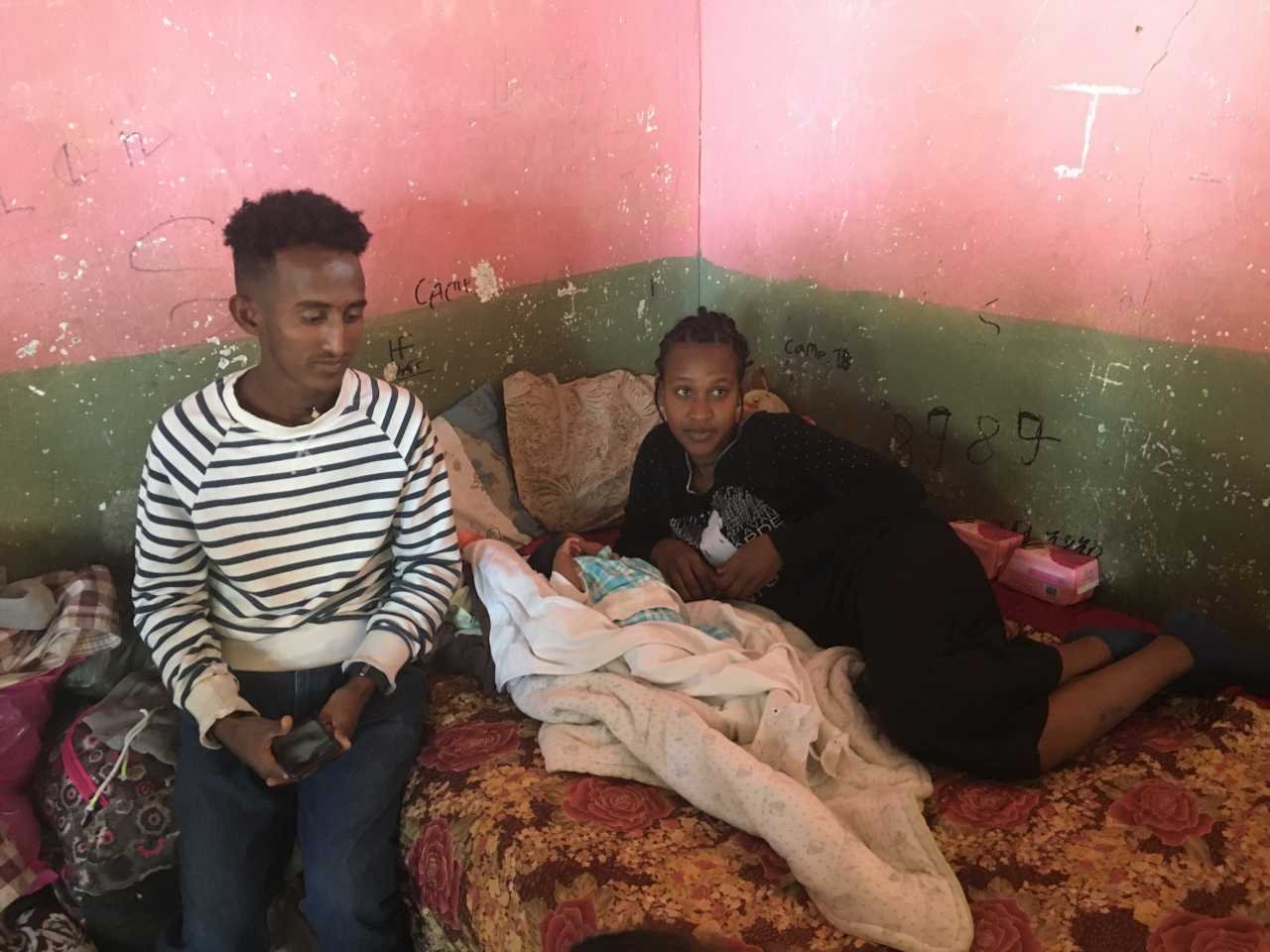Africa-Press-Ethiopia
Emergency Relief Coordinator Mark Lowcock joined a virtual visit to Mekelle, Ethiopia, on Friday, 19 February, to assess the impact of the conflict on the humanitarian situation in Tigray through the personal experiences and observations of aid workers on the ground.
Despite some improvements in the humanitarian response, particularly in the accessible areas, ongoing insecurity, bureaucratic obstacles and the presence of various armed groups are seriously hampering the delivery of assistance in rural areas. The humanitarian response therefore remains drastically inadequate compared to the magnitude of needs across the region.
The UN and partners continue to engage at the highest levels with the Government of Ethiopia to negotiate access. We renew the call for full access to aid organizations working in Tigray to scale up the response while ensuring that the assistance is principled and based on needs.
In addition to access challenges, some humanitarian sectors, including shelter, health, water, sanitation and hygiene, education and protection, require urgent funding to scale up the response. We call on the international community to step forward and provide the necessary funding.
Yemen
Today, Emergency Relief Coordinator Mark Lowcock made a virtual visit to Yemen, where he spoke to internally displaced families in Marib and the west coast; families who aren’t getting enough to eat in Amran, Hajjah City, and Ibb; as well as families experiencing severe acute malnutrition in Sana’a and Sa’ada.
Mr. Lowcock also met COVID-19 first responders and discussed the economic crisis with the Governor of the Central Bank in Aden.
The humanitarian crisis in Yemen remains the worst in the world. More than 20 million people require some form of humanitarian or protection assistance, including 12.1 million who are in acute need, according to the Humanitarian Needs Overview (HNO) issued by the UN and partners today.
Food insecurity and malnutrition are the main drivers behind the number of people in need. Some 16.2 million people will go hungry this year (IPC Phase 3 or higher). This includes 5 million people facing emergency conditions (IPC Phase 4) and nearly 50,000 already experiencing catastrophe conditions (IPC Phase 5).
On 1 March, the UN will convene a virtual high-level pledging event for the humanitarian crisis in Yemen, co-hosted by the Governments of Sweden and Switzerland. The event will mobilize resources to address the devastating needs of millions of people across the country for humanitarian assistance.






